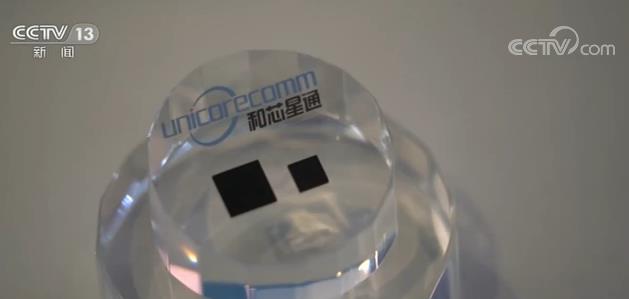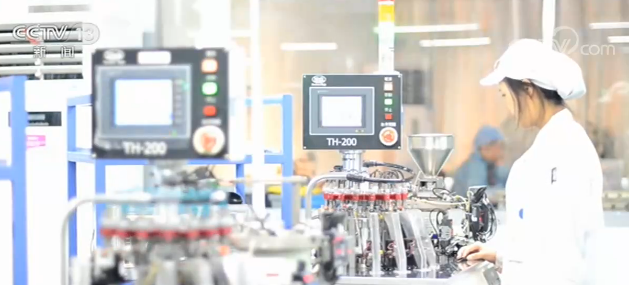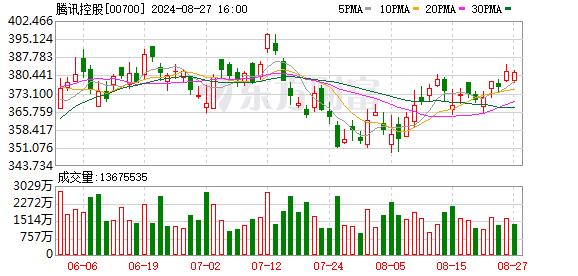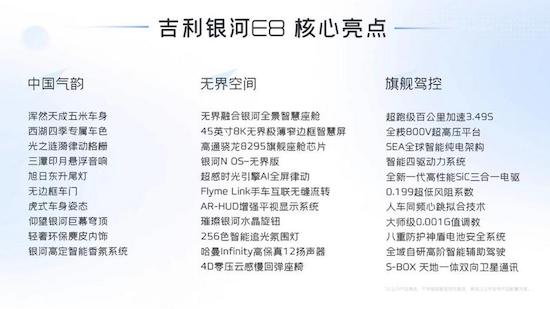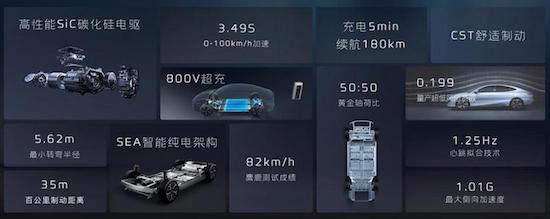The startup rate has dropped sharply, how can the TV return to the "C position" in the living room?
Recently, "our country’s TV boot rate fell to 30%" rushed to the hot search, and "whether the TV will be eliminated" attracted attention. The reason for the decline in the average daily boot rate of TV sets is not only the external impact brought by the rise of small screens, but also its own problems such as poor user experience. Experts believe that insisting on product innovation and improving user experience will help TV win back the favor of consumers.
"After renting a house for two years, the TV has never been turned on once." Recently, Ms. Li, who works in Yantai, Shandong Province, told reporters that for her, the TV has become the most useless item in the room, and "even thought of moving it away."
The "2024 China Smart TV Interaction New Trend Report" released by the Prospective Industry Research Institute shows that since 2016, the average daily TV boot rate in our country has experienced a cliff-like decline, from 70% to less than 30% in 2022. Recently, "our country’s TV boot rate has fallen to 30%" rushed to the hot search, and "whether the TV will be eliminated" has attracted attention.
Once upon a time, televisions were a must-have household appliance and occupied the "C position" in the living room for many years. Now, many residents say that the televisions in their homes "have not been turned on for several months" and "left there in the dust". Why are televisions no longer "favored"? Who is still in front of the TV? Can the TV return to the "C position" in the living room? With these questions, the reporter of the "Workers’ Daily" started an interview.
Small screen impact, poor experience and other "persuading" audiences to quit
On the topic of the current TV turn-on rate, the reporter interviewed a number of consumers, and many gave the answer of "I don’t watch it much" and "I haven’t turned it on recently". The reasons for not watching TV include not only the impact of the rise of small screens such as mobile phones and tablets, but also the poor user experience of TVs themselves.
"Now mobile phones, tablets and other devices are small and portable, you can swipe short videos and watch dramas anytime, anywhere, and you don’t need TV in your life at all." Ms. Li said that the audience of small-screen devices is self-controllable, can double the speed, can pause, and can choose whatever program you want to watch. However, because of the fixed location and one-way transmission, TV is somewhat unattractive for users who want to obtain information anytime, anywhere and interact in real time.
The complicated operation of TV is also an important reason why many people "dislike" it. Under the hot search topic of "TV startup rate in our country has dropped to 30%", some netizens said that turning on the TV requires the cooperation of two remote controls, and the steps are cumbersome. It is more troublesome to find a certain channel on the TV. "Let alone the elderly at home, young people have to study it carefully for a while when opening a TV." In the interview, many respondents also said that after the TV is turned on, they usually watch 15-20 seconds of advertisements before the page can jump. If you want to watch TV channels, you need to perform manual operations, and if you want to skip advertisements, you must charge as a member.
"It’s not that the TV doesn’t want to be turned on, it’s that the TV members can’t afford it." Mr. Guo from Guangzhou said that whether it is the TV’s own software or the TV side of various video platforms, almost all of them have to be charged as members before they can watch the full program. "What’s worse is that the TV side and the mobile side are not universal. The mobile side is charged with VIP, and you have to add money to charge SVIP to use it on the TV side." Mr. Guo said this operation was the main reason for "persuading him to quit" watching TV.
The position in the hearts of most consumers remains solid
The reporter also found in the interview that the TV’s position in the hearts of some young consumers remains solid, but their demand for TV has become more personalized.
"The big screen is the main reason why the TV attracts me." Ms. Lu, 26, who has a habit of exercising at home, told reporters that when she exercises, she turns on the TV and connects the handheld game console to the TV. "The small screen of the handheld game console looks laborious, especially when doing aerobic boxing, fitness rings and other sports, it is very inconvenient to follow. If you transmit the screen to the TV, you can see it more clearly and exercise better," Ms. Lu said.
Like Ms. Lu, many consumers like the large screen of the TV. Mr. Hu, a post-80s Beijing resident, always turns on the TV at home every time he watches a football game: "The impact of the large screen is stronger than the small screen, and the audio-visual effect is better."
At the same time, television is still the main channel for some of the elderly to watch news and movies and TV dramas. For them, watching a certain TV program at a certain time is still a fixed action. Grandpa Zhao, 75, told reporters that he maintains the habit of watching news broadcasts and weather forecasts every day. "For me, there is no alternative to TV," Grandpa Zhao said.
In an online poll, "Do you think the TV will be obsolete?", 52.5 percent of internet users said no. For them, TV is a significant other for household chores, a background music during cooking, and an "artifact" to avoid the atmosphere of desertion – you can not watch it, but you must turn it on, and "listen to it" is also a pleasure.
Peng Jianfeng, vice-chairperson of the China Electronics and Video Industry Association, said that the busy modern life and the popularity of mobile end points will inevitably lead to the decline in the average daily power-on rate of TVs, but the TV or the large screen in the living room will never withdraw from the stage of history. "From the perspective of usage scenarios, applications such as live TV, Video-On-Demand, sports fitness, and console games have a sense of’seckill ‘on the large screen," Peng Jianfeng said.
A two-pronged approach to regain market favor
According to Aowei Cloud Network’s 2023 domestic color TV market shipment report, 65 inches is the dividing line between positive and negative growth in TV sales. In 2023, sales of small and medium-sized TVs under 65 inches were all negative, while all large-size TVs above 65 inches maintained positive growth. Among them, the amount of large screens above 75 inches achieved more than double growth.
Peng Jianfeng believes that with the rise of the flat panel display industry in our country, the price of large-screen TVs is becoming more and more affordable, and "the effect of changing a large TV on improving the quality of life of consumers is immediate".
At present, the standard of "good TV" continues to rise, and multiple needs such as oversized, ultra-clear, ultra-thin, and ultra-eye protection have emerged, and intelligence has become the focus of consumers’ attention. "I hope the TV can interact like a mobile phone, and realize left and right swiping, manual tapping, etc., rather than relying on remote control operation." Ms. Lu said that from touch screen to gesture and somatosensory, she is very much looking forward to TVs with intelligent interaction functions.
Peng Jianfeng believes that an ultra-high definition smart TV is like a set of exquisite tableware. To make "delicious food" well, people will have more motivation to use "tableware". In the future, TV programs and large-screen applications can be promoted through market-oriented means to accelerate innovation and meet people’s growing audio-visual, entertainment and life needs.
In addition to "delicious food", it is also necessary to optimize the experience of using "tableware". Peng Jianfeng said that the relevant departments are promoting audio-visual friendly work, and projects such as TV and set-top box remote control "two-in-one" will help to greatly improve the user experience.
Since August 2023, the State Administration of Radio, Television and Television has carried out "dual governance" work in the three major fields of cable TV, IPTV, and Internet TV, that is, the charging of TV "nesting dolls" and the complex management of operations. At present, the governance goal of "reducing the charging package by 50% and improving the transparency of consumption" has been achieved.
"Adhering to product innovation and improving user experience will help promote the prosperity of the TV market and enable TV to win back the favor of consumers," Peng Jianfeng said.
Source: Workers’ Daily





